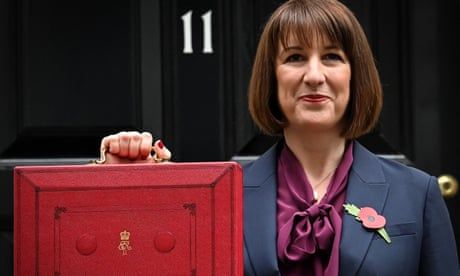
The budget favours increased public spending and taxation, contrasting with Tory austerity. However, there were missed opportunities to address poverty and inequality
The 1970s are making a notable comeback – not necessarily in reputation, but certainly as an object of interest. Rachel Reeves’ budget is poised to become part of that “decadology”, primarily because her tax changes mark the biggest shift since Margaret Thatcher slammed Labour for its “genuine socialist” fiscal policy in 1975. Today’s economic turmoil – driven by war-induced inflation and a frayed social contract – has rekindled the relevance of that era. Yet there’s a key difference: the 70s birthed austerity, while Ms Reeves is opting to spend her way out of the current crisis in public services.
In Labour’s first budget since 2010, Ms Reeves unveiled about £20bn a year in tax increases on businesses and the rich, aiming to reverse more than a decade of decline in the British state. Her plans also raise borrowing by the same amount annually, spooking some in the City. This allows for an increase in spending of 2% of GDP to prevent real cuts in some departmental current budgets and to stop investment from falling as a share of national income. This is a much-needed shift away from the policy failures of previous Conservative administrations.
Continue reading...